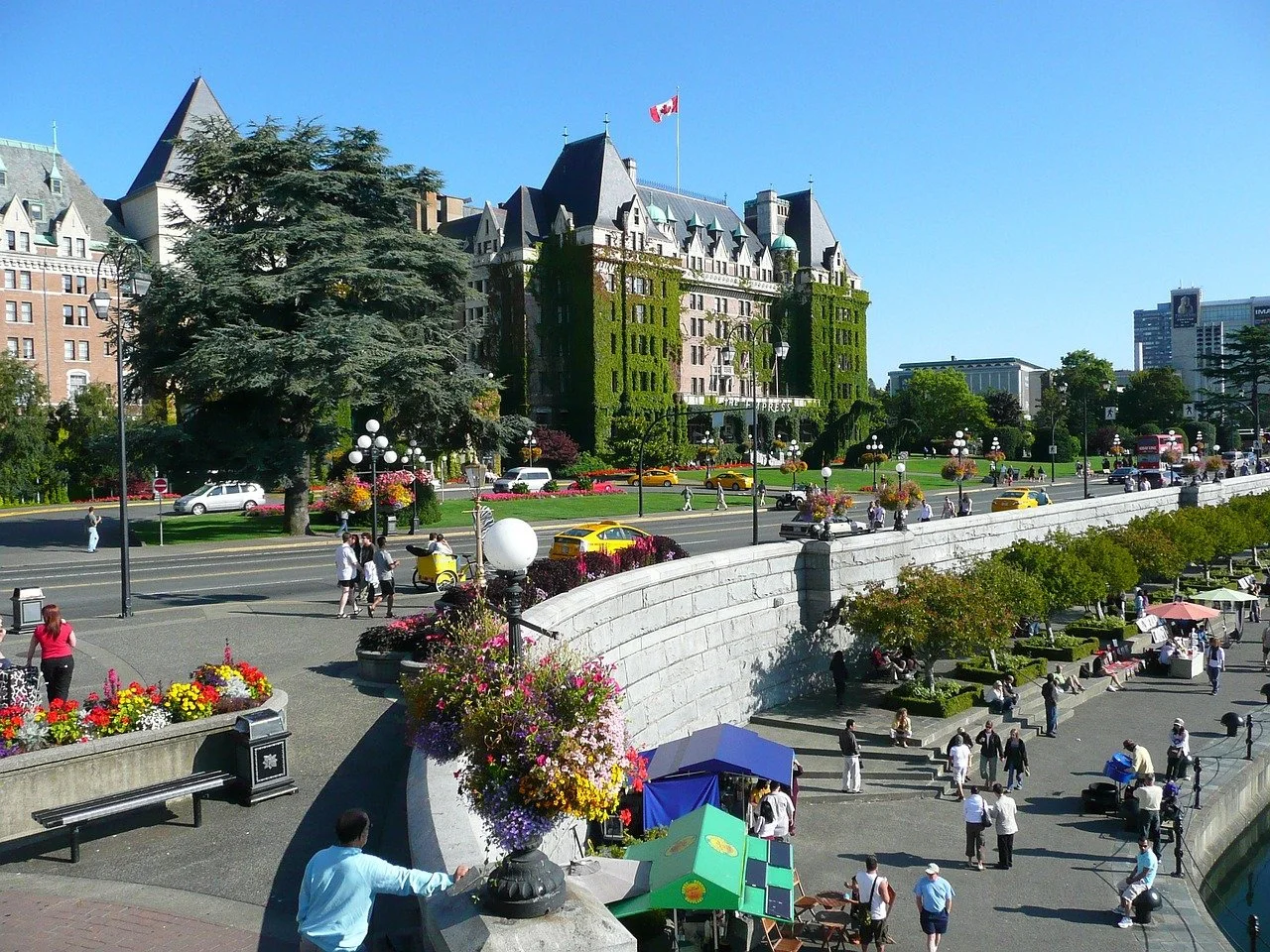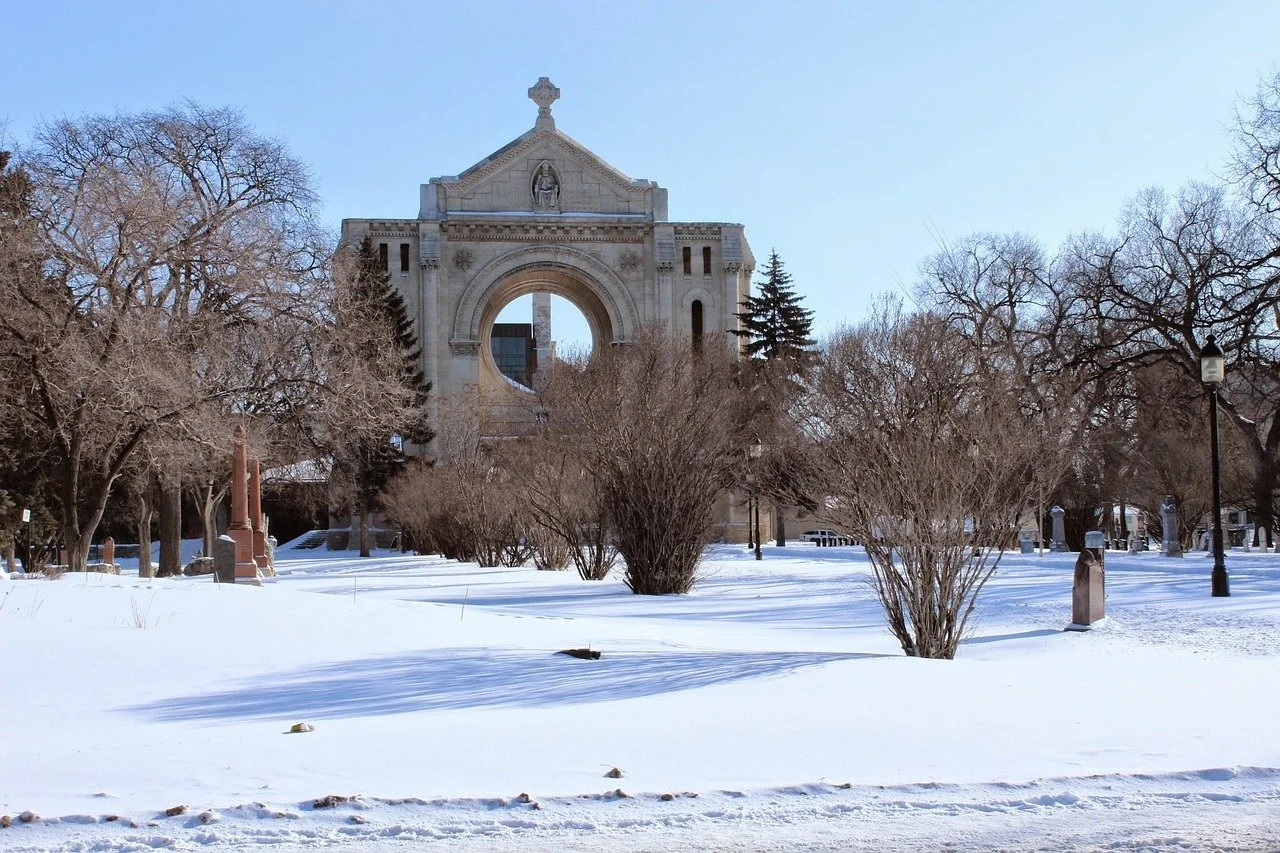Required Subjects for Homeschooling: Province by Province Part 1
In this blog, EZ-Teach will begin reviewing what is expected of homeschoolers and the required subjects for homeschooling in different Canadian provinces and territories.
In this segment, you’ll find information about the expectations for Alberta, British Columbia, Manitoba, New Brunswick, Newfoundland & Labrador, and Northwest Territories. Our next segment will cover the rest, so stay tuned!
Click on the links above to learn more or contact us!
Learn what to expect before you homeschool in Canada.
(Image Source: Anna Nekrashevich)
What to Expect & Required Subjects for Homeschooling
1. Alberta
Calgary, Canada Day (Image Source: Jude Joshua)
What to Expect
Every year, parents have to notify their local school authority of their intent to homeschool. Families can choose to be funded by Alberta Education or not. If you choose a funded route, you’ll be supervised by a school authority (a “willing public, separate or francophone school board or accredited funded private school”) and must submit your education program. You’ll need to comply with the Home Education Regulation.
However, if you choose a non-funded route, you still have to give notification but you will not be supervised. While parents will still need to prepare an education program, they are not required to submit it. In both cases, Parents are responsible for their children’s studies, including the implementation of it as well as planning (Click here to get our Free Homeschool Planner!) and evaluation.
To notify your local school authority, you’ll submit one of the 2 forms accordingly:
Home Education Notification Form – Supervised by School Authority
Home Education Notification Form – Not Supervised by School Authority
Alternatively, you can use the online portal myPass.
Required Subjects for Homeschooling
The subjects you teach will depend on the route you take, but students from Albert in Grades 1-6 are expected to take the following subjects:
Language Arts and Literature/Language Arts
Mathematics
Science
Social Studies
Art and Music
Physical Education and Wellness
Other Subjects (e.g., second languages, drama, locally developed courses, religious instruction, career and technology foundations)
As students progress, other courses are added like health and life skills and optional courses like second languages, which are provided in junior high. More information from the Alberta Education Guide can be found here.
2. British Columbia
Victoria, BC (Image Source: Brigitte Werner)
What to Expect
In BC, parents have the right to homeschool their children, but they are completely responsible for their children’s education program. Parents are expected by law to register their children as homeschoolers either with a public school or an independent school.
The British Columbia government states that homeschooling programs are:
Not supervised by a B.C.-certified teacher
Not required to meet provincial standards
Not inspected by the Ministry of Education and Child Care
It is also important to know that students who are homeschooled are not considered eligible for a British Columbia Dogwood Graduation Certificate. Remember, for homeschoolers who do not receive a diploma, there are options for entrance to colleges and universities.
But be aware that there exists something called Online Learning in BC which is different than Homeschooling. In some cases when an interim online learning agreement has been approved, students in Grades 10 through 12 that are registered as homeschoolers may also enroll in an online learning course. In these cases, “credit toward graduation is awarded for the successful completion of online learning courses”.
Required Subjects for Homeschooling
While expectations vary by grade, these are the following subjects taught in schools throughout BC:
Applied Design, Skills, and Technologies
Arts Education
Career Education
English Language Arts
Français langue première
Français langue seconde - immersion
Mathematics
Physical and Health Education
Science
Social Studies
Languages
3. Manitoba
St. Boniface Cathedral in Winnipeg, Manitoba (Image Source: James Dykstra)
What to Expect
Parents and Guardians in Manitoba can homeschool their children, but there is no provincial funding. While they are responsible for planning and gathering the resources and materials they need to teach, parents and guardians are connected with a Liaison to help them meet specific homeschooling goals and requirements.
Parents have to notify the government of their intention and submit homeschool forms each year. They also submit progress reports twice a year, by the end of January and the end of June. You can access these forms through the Government of Manitoba Website. You can also find resources there such as videos and guidelines.
Required Subjects for Homeschooling
While specific expectations vary by grade, there are four main subject areas required:
Language Arts
Mathematics
Science
Social Studies
The following subjects may also be included but are not required:
Physical Education
Music
Art
Religious Studies
Languages
Career Development
Other Subjects
Click here to see curriculum outlines for Kindergarten to Grade 12.
4. New Brunswick
Bridge in Saint John, New Brunswick (Image Source: Shelagh Murphy)
What to Expect
You should know that, since New Brunswick is an official bilingual province, it has 2 systems of public education: Anglophone and Francophone. So, when families choose to homeschool, they need to register with an English or French school district/board. There is also no funding from the government for homeschooling and the ministry states that “students who complete their education through home schooling are not eligible for a New Brunswick High School Diploma”.
It is important to note that parents/guardians are required to do the following each year that their child(ren) is homeschooled:
Officially obtain an exemption from attending public school
Complete an Annual Home Schooling Application Form (See a sample of the current form here)
Submit the completed form to the school district office which is then reviewed by the minister of education
According to the Government of New Brunswick, the minister of education expects parents to do the following:
Ensure that the homeschooling option is right for the family.
Apply each year for a home-schooling exemption.
Plan a home school curriculum that provides “effective instruction”.
Establish regular evaluation and record-keeping habits.
Prepare for the student’s eventual return to the public school system, post-secondary education or the work world.
Required Subjects for Homeschooling
Parents or guardians must include the following subjects which also form part of the public school curriculum:
Language Arts
Mathematics
Science
Technology
Social Studies
Health
Career Development
French
Music
Art
Physical Education
Access the Department of Education’s curriculum documents describing grade-level expectations here.
5. Newfoundland & Labrador
Quidi Vidi, St. Johns, Newfoundland (Image Source: Jonathan Cooper)
What to Expect
Parents in Newfoundland and Labrador may choose to homeschool their children but must apply through a school district in order to do so. You can find information about the English School District’s homeschooling policies and regulations here.
According to the Newfoundland & Labrador English School District, parents are expected to:
Obtain approval of the instructional program by the Director of Education
Abide by the Schools Act, 1997, Sections 3 - 7, and 15
Obtain written approval for instruction at home from the Director of Education each year
Parents plan the educational program, but the director must approve it. While there is no funding available to homeschooling families, families can access course resources from the Department of Education if they follow the provincial curriculum. Also, they can get student resources from the school that the student registers in.
Required Subjects for Homeschooling
Primary Students are required to take the following subjects:
English Language Arts
Mathematics
Science
Visual Art
Health
Music
Physical Education
Religious Education
Social Studies
The Elementary, Intermediate and Secondary programs introduce additional subjects like:
French
Home Economics
Technology Education
Career Education
Family Studies
For more details on specific curriculum expectations by grade level, visit the Government of Newfoundland and Labrador’s Essential Graduation Learnings page.
6. Northwest Territories
Yellowknife, Northwest Territories (Image Source: Ken Cheung)
What to Expect
To homeschool children in the Northwest Territories, the student(s) must be registered with their local school district. A district education authority supervises them and the local school the student is registered with is responsible for the assessment and support of the homeschool program. Parents are expected to show their student’s academic progress twice a year.
Some funding is available to families and students are eligible to join in extracurricular activities at the local school they are registered with. They also have the option to attend the school part-time if permitted to do so by the school principal.
The District Education Authority will decide if the student should receive instruction in English or French, or if they are exempt and may set another language of instruction.
In order for students to be eligible for a Northwest Territories diploma, a student must follow the Curriculum Standards of the Northwest Territories.
Required Subjects for Homeschooling
Students are expected to learn the following subjects:
Arts Education
Career and Technology Studies
English Language Arts
French Language Arts
Health and Wellness Studies
Junior Kindergarten/Kindergarten
Literacy with Information and Communication Technology
Mathematics
Northern Studies
Physical Education
Science
Social Studies
Click here for more information about curriculum expectations.
Our team at EZ-Teach is here to help in your homeschooling journey!
(Image Source: RDNE Stock project)
EZ-Teach
In our next blog, we’ll continue our review of what to expect as well as the required subjects for homeschooling in Canada. In the meantime, please feel free to contact us if you have questions or comments about homeschooling. Or, if you already have your education program ready for next year and you’re looking for a curriculum, visit our curriculum page!
On the other hand, if you’re just starting out and want to learn more about homeschooling, read our blogs Why Homeschooling Is Good For Kids and Homeschool Benefits: 10 Reasons Why Parents Choose To Homeschool. Whether you choose homeschooling or you want to supplement your child’s classroom learning at home, we’re here for you.








